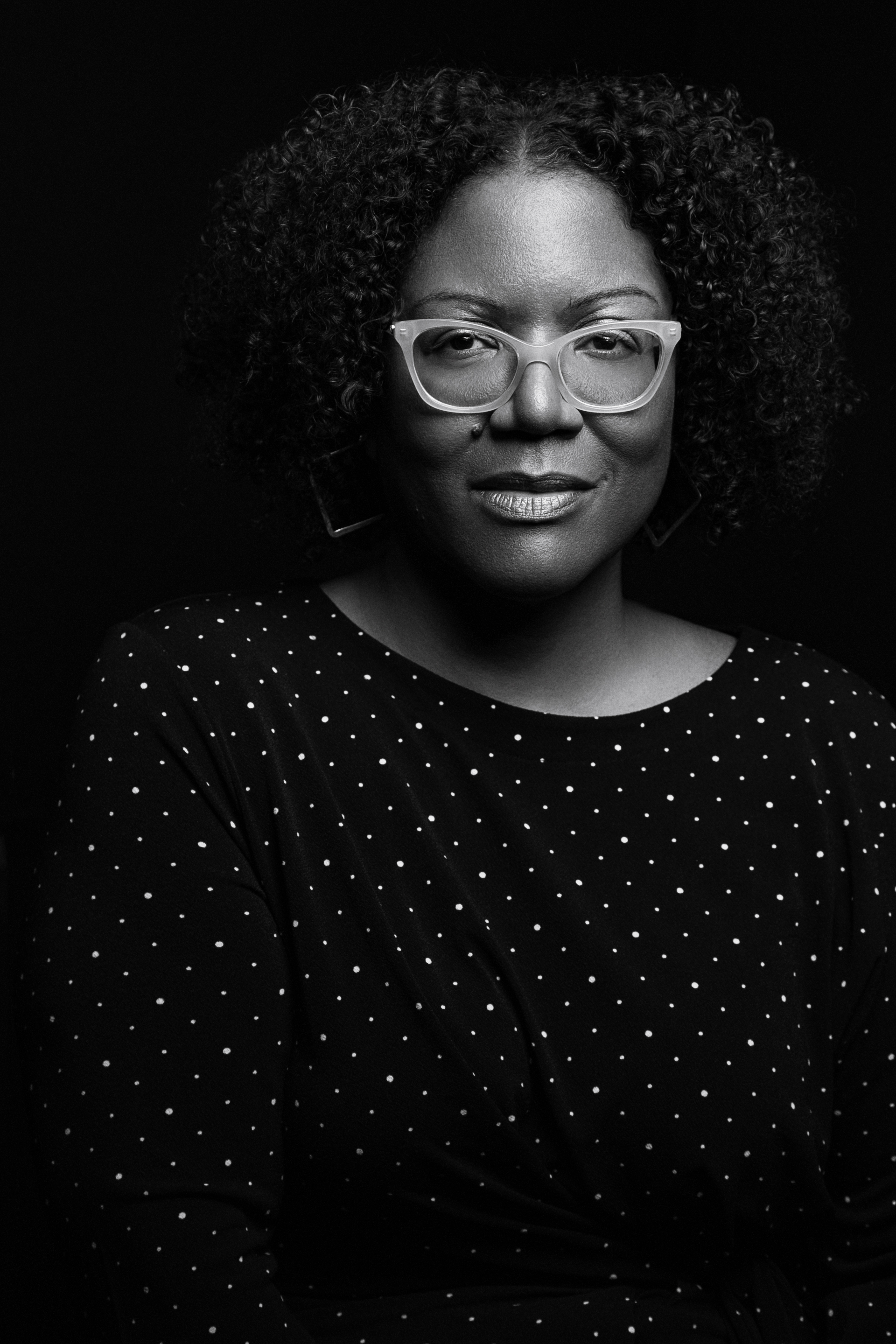I believe that white lady meant well, but she took liberties with my story. There was a pint, and I am a woman, but I never did bear thirteen young. There was an audience, and I did stand. At first, hesitant, but then, speaking God’s clear consonants in a voice that all might hear, not with apostrophes feeding on the ends of my words. And I am six feet tall, and some might say, broader than any man. And I was a slave. And my child was taken from me, though I fought to get him back. And I did work hard. And I did suffer long. And I did find the Lord and He did keep me in His bony-chested embrace. And if I showed you my hands, instead of hiding them in my sleeves or in a ball of yarn, you could see my scars, the surgery of bondage. And I have traveled to and fro to speak my Gospel-talk— surely, I’ve got the ear of Jesus. But I forgive that lying woman, because craving is a natural sin. She needed somebody like me to speak for her, and behave the way she imagined I did, so she could imagine herself as a northern mistress. And there I was, dark and old, soon to fold my life into Death’s greedy hand. And in this land, and in this time, somebody who could never shout her down.
Copyright © 2018 by Honorée Fannone Jeffers. Originally published in Poem-a-Day on September 25, 2018, by the Academy of American Poets.
“After reading Nell Irvin Painter’s Sojourner Truth: A Life, A Symbol, I learned that there are two different versions of Sojourner Truth’s powerful speech given at the Woman’s Rights Convention in Akron, Ohio, on May 29, 1851. The speech was transcribed by journalist Marius Robinson and printed in the
—Honorée Fanonne Jeffers

